Crossing Divides: Has the UK changed its mind on immigration?
- Published
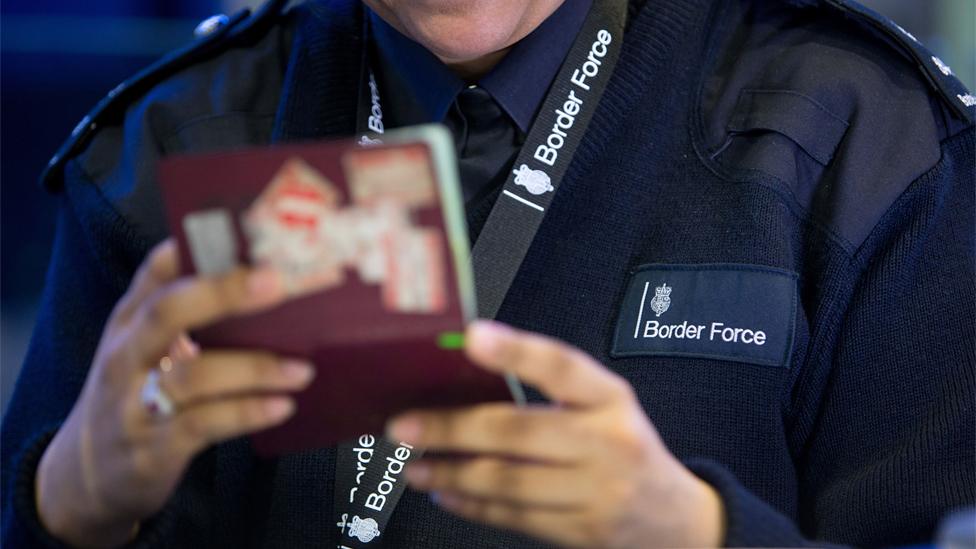
Almost half the people in the UK believe immigration has been positive for the country, a poll for the BBC's Crossing Divides season suggests.
Just over a quarter of nearly 1,500 people who took the Ipsos-Mori online survey felt it had a negative impact.
The findings are in line with other surveys suggesting Britain has changed from being generally negative about immigration before the Brexit vote.
In 2011, 64% of Britons told Ipsos-Mori immigration had been bad for the UK.
The results emerged as part of an international poll of nearly 20,000 people across 27 countries, between 26 November and 7 December last year.
It was undertaken as part of the BBC's Crossing Divides season, which is bringing people together across lines of ethnicity, class, faith, politics and generation.
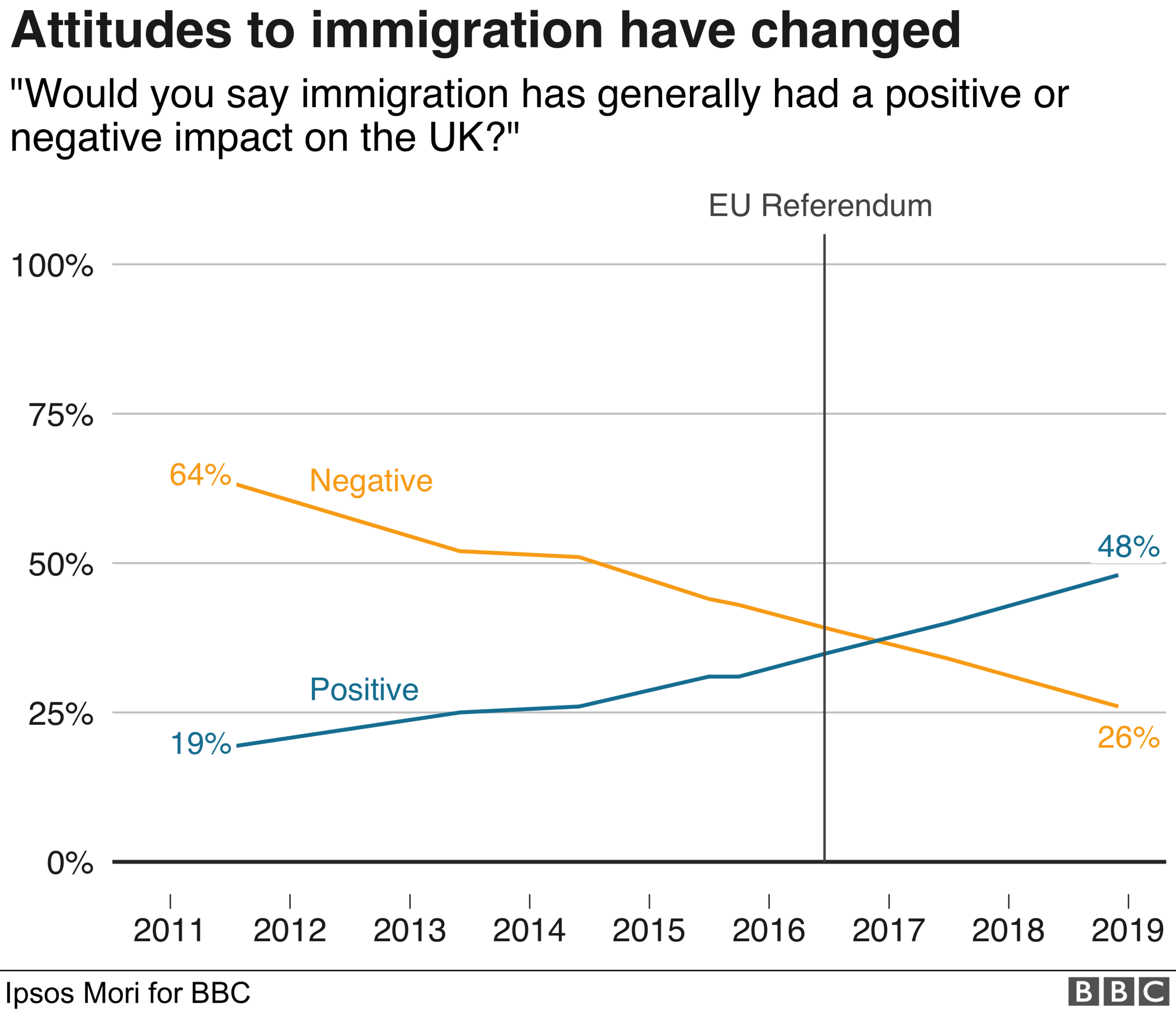
Prof Rob Ford, who researches immigration trends at the University of Manchester, said such positivity surrounding migration into the UK would have been unimaginable just a few years ago.
He said the reasons behind the trend remained unclear but that it mirrored what he had seen in other data.
"It's at odds with what we've seen about [sentiment towards] migration in the past because immigration levels are still very high, so it's not that the public is seeing more control over numbers," he said.

A remarkable turnaround?

It appears Britain has changed its mind about immigration and there are three important reasons why that might have happened:
The Brexit vote itself may have led some to assume that the immigration issue has been dealt with and therefore it is not seen as such a risk.
The national debate on immigration during elections and the Brexit referendum may have focused people's minds on the social, practical and economic trade-offs involved in cutting migrant numbers, resulting in a more nuanced response to the issue.
The millions of European migrant workers who came to the UK after 2004 initially caused something of a culture shock in neighbourhoods unaccustomed to immigration. Now many of those arrivals have integrated into society, put down roots, formed relationships and become a familiar part of the local scene. Any culture shock has probably dissipated as migrants have made friends and started families.

The polling suggests Britain is now among the most positive countries internationally when considering immigration, alongside Australia, the US and Sweden, where the numbers responding positively had also increased.
Prof Ford suggested the political environment could be a contributory factor, with opponents of Brexit and US President Donald Trump championing the benefits of inward migration.
UK statistics showed more low-skilled migrants from central and eastern Europe leaving than arriving, he said, while settled migrants such as white collar professionals, NHS staff and highly skilled workers had become more prominent in the media.
Polling results in other countries suggested attitudes to immigration were hardening.
In South Korea, the number of people telling Ipsos-Mori they felt it was beneficial had dropped to 11%, from 27% in 2011. In Japan - the least positive nation - just 3% of respondents said it had a beneficial impact, down from 17%.
Fewer than one-in-10 people told the survey immigration was beneficial in Colombia, Turkey, Russia and Hungary, although online polls are not representative in nations where significant numbers of people do not have internet access.
BBC Crossing Divides

A season of stories about bringing people together in a fragmented world.

- Published28 February 2019
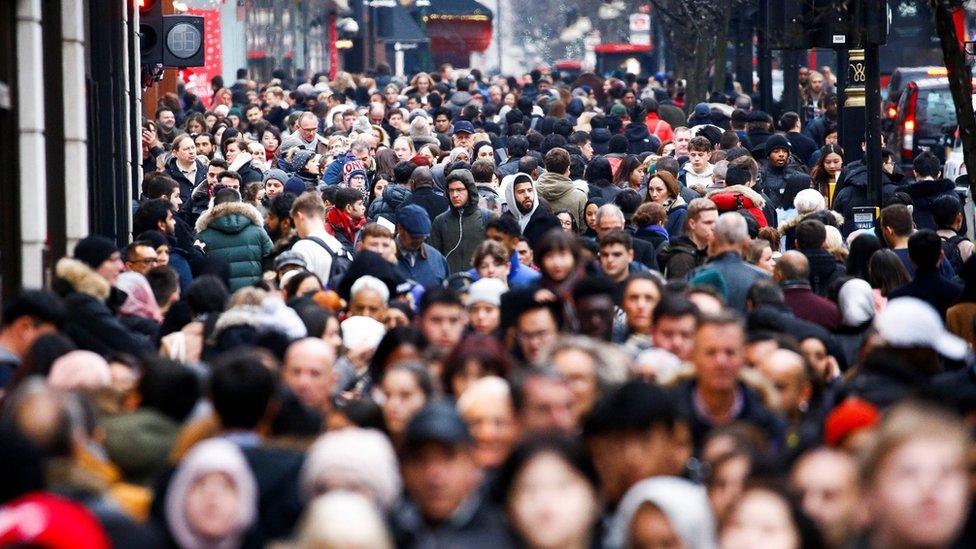
- Published28 February 2019
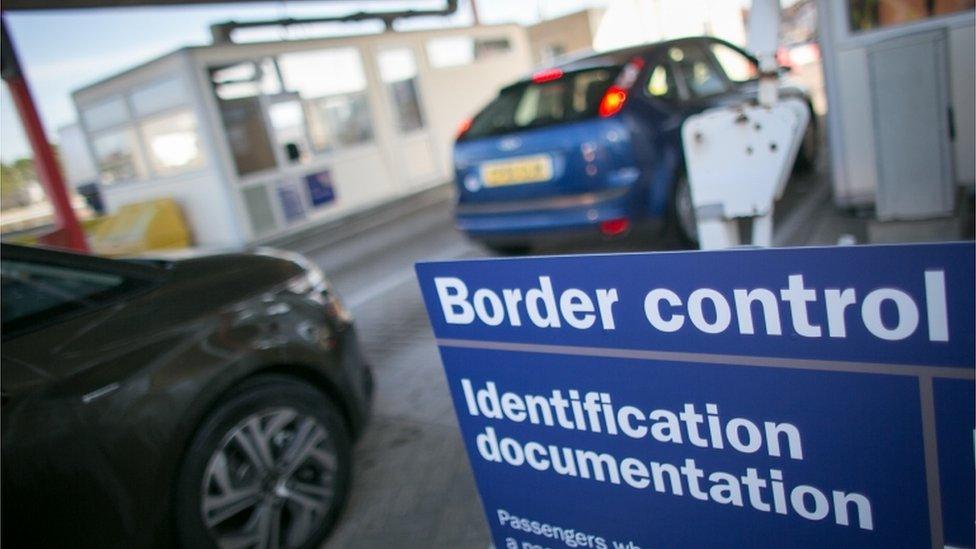
- Published19 December 2018
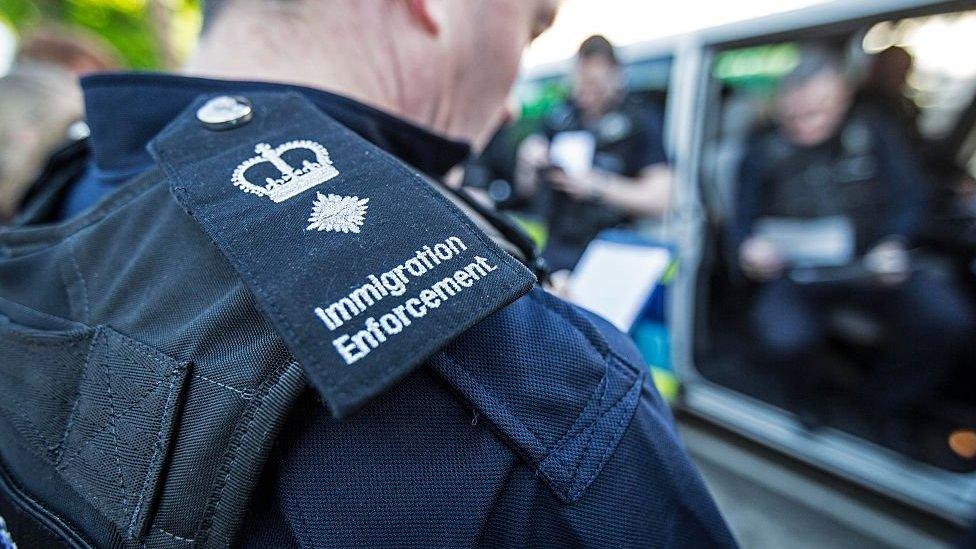
- Published19 December 2018
